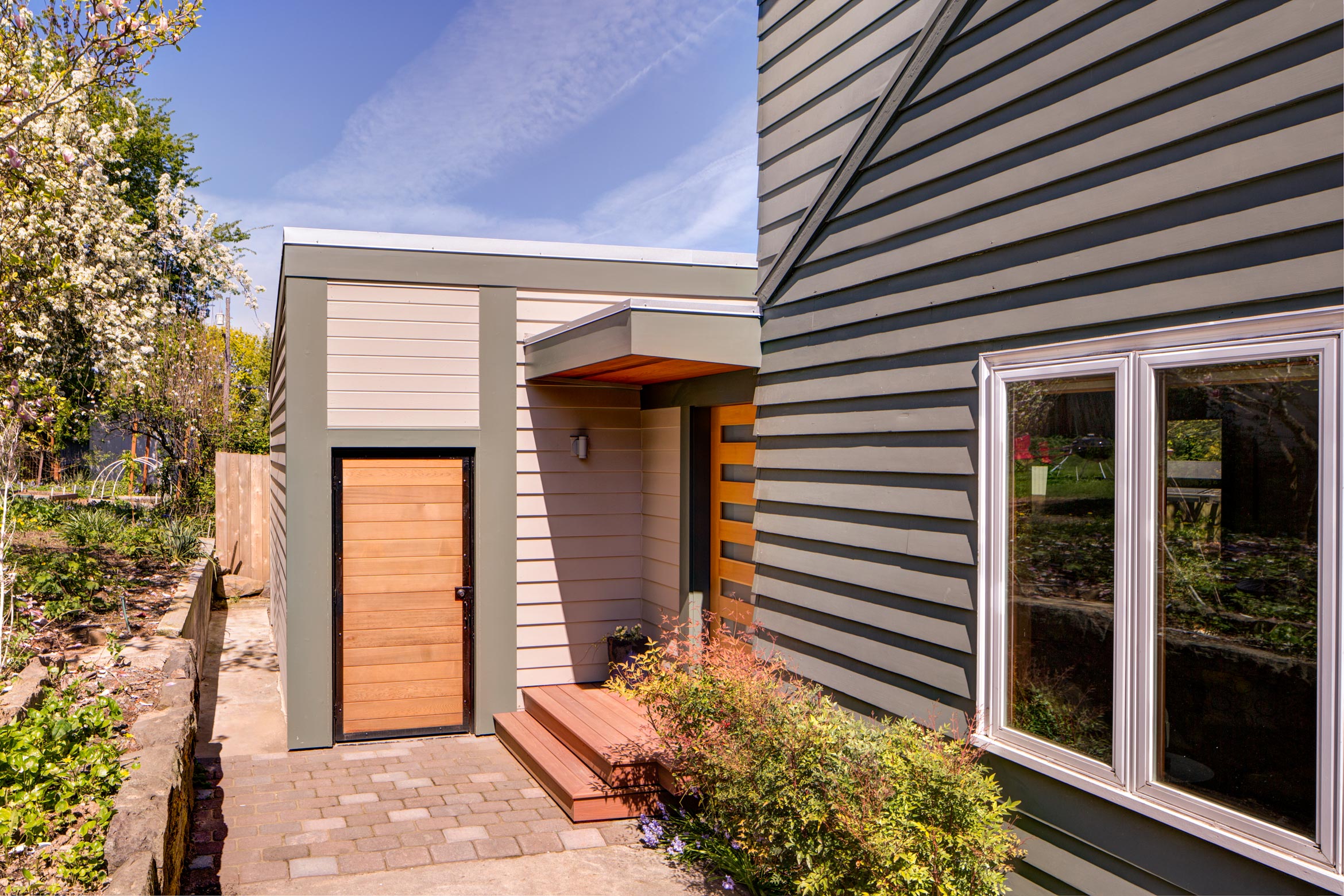 As you can see from the ADU Case Studies, many homeowners recognize the social, environmental, and financial value of creating an ADU on their property. However, our financial system hasn’t quite caught up with the trend. As I talked with more than 80 ADU owners and professionals for the ADU Case Studies Project, I came to learn that there’s a triple whammy when it comes to ADU financials.
As you can see from the ADU Case Studies, many homeowners recognize the social, environmental, and financial value of creating an ADU on their property. However, our financial system hasn’t quite caught up with the trend. As I talked with more than 80 ADU owners and professionals for the ADU Case Studies Project, I came to learn that there’s a triple whammy when it comes to ADU financials.
Here’s how it works:
#1 – You try to get a loan to build an ADU but the bank is wary, so you have to scrounge up at least part of the money some other way.
#2 – You build your ADU and it does indeed add value to your property (yay!) which means your taxes go up (maybe a lot!)
#3 – You are ready to sell your house with an ADU and you’ve accepted an offer but the appraiser isn’t familiar with ADUs and values your property at way less than the market rate.
Let’s break it down. Here’s what the worst case scenario might look like:
You’ve read up on How to Buy or Sell a Property with An ADU (or ADU Potential). You’ve found a great property and you’ve built your team of ADU Professionals. You’re ready to start building that ADU of your dreams, so you go to the bank.
#1 – Getting Financing
“Everyone agreed ADUs were a great idea, but none of the banking industries got on board for years. We were abandoned by financing. Banks are always fair-weather friends.” –Sam Hagerman
The bank is wary to loan on a project that doesn’t have good collateral. They might say ‘You’re just talking about finishing out the basement, right? Why is it going to cost $100,000?’ So it’s tricky for you to get a construction loan. After all, you’re not a known quantity. Sure, you’re good about paying your bills each month, but you’re not a developer. You’ve never built a house before so you don’t have a track record. How are they to know that you’ll be able to pull it off and that this ADU will really add value to your house? If you’re not able to get a loan for the full amount you need to construct your ADU, you’ll need to scrounge it up from somewhere else.
You might try one of these options:
- Draw down your savings as most ADU owners do
- Take out a personal loan from friends or family as Susan Eliot and Wally & Lara Jones did
- Invest your inheritance as Nan Haemer, Carolyn Matthews & Bruce Nelson, and Lisa Florentino & Patrick Kernan did
- Use your divorce settlement
- Save or borrow enough to get dried in and then build as you go to finish it out, using current income as Lisa Lonstron, Billy Hines, and Ray Chirgwin did
Before you get too far along in your ADU dream, be sure you have a good plan to fund it! Before you buy a property with an ADU (or ADU potential), be sure the appraiser and loan officer have A Practitioner’s Guide to Appraising ADUs. Also make sure you and your realtor have reviewed How to Buy or Sell a Property with an ADU.
#2 – Paying Property Taxes
Even though the bank wasn’t sure your garage conversion would add value to your property, now you’ve added a new dwelling to your property and the value has indeed gone up. You might be able to have your property reappraised. And when you do you might find that it’s gone up quite a bit as Caleb & Tori Bruce and Bob & Adrienne Stacey did. At this point you might want to turn to your bank and say, “See, toldja so!” You might decide to refinance.
But then the tax assessors come by and it turns out they like what you’ve done with the place, too. So your property taxes go up. Even before Multonomah County’s Re-MAV, ADU owners such as Jane Doe were shocked by the increase in their property tax bills.
Before you build an ADU, be sure you understand the tax implications of creating a dwelling on your property, particularly if it’s detached and you live in Multnomah County where we have a wacky property tax system and a recent regulatory change that has tripled some people's taxes overnight.
#3 – Selling Your Home with An ADU
You wrestled with the bank to get money to build your ADU and you paid the tax collector for all the years you owned your ADU. But you also made decent money renting your place out for the past 10 years. (After all, there are Options for ADU Owners: Rent One, Both, or Neither). Or maybe it was where your dad lived for his last decade. (And you've learned that ADUs Work for Multigenerational Families and discovered the hidden value of ADUs.) So it penciled out after all.
Now you’ve got a great opportunity somewhere else and you’ve decided you’re not going to Own Two, Rent Both or Own Two, Rent One. So it’s time to sell your place. You’ve got a great sellers agent and you've accepted a great market-rate offer.
The trouble is that the appraisal just came in and it’s way lower than you expected. It may be that the buyer's appraiser doesn’t recognize the value of your ADU. Since ADUs are illegal in many places, appraisers (especially from the big banks) may turn a blind eye and pretend they’re not there at all. Or she may still be using the comps method of evaluating the property. She might have evaluated your 2 bedroom, 1 bath house and 1 bedroom, 1 bath ADU and considered it a 3 bedroom, 2 bath house rather than 2 separate units. She compared that to other 3 bedroom houses in the neighborhood instead of calculating the rental income potential using the valuation method. (The valuation method is used for apartment buildings and other income-generating properties and it’s preferred over the comp method for evaluating ADUs.) So now you're having trouble selling your place because your buyers aren't able to get their bank to finance your property with an ADU. You don't want to take the appraised value, but your buyers can't afford to pay cash.
What a mess! So THAT is what I have come to call the Triple Whammy of ADU Financials.
So why in the world might it make sense to build an ADU anyway?
The triple whammy described above is the worst-case scenario. If that was everyone’s experience there would probably be a lot fewer ADUs. However:
The financial industry is catching up with the trend, so it’s getting easier to get financing through a home equity line of credit, particularly with credit unions and community banks. So you may be able to finance your ADU with a home equity line of credit (HELOC) as Don Golden & Edith Casterline, Heidi Rose, Lesa Dixon-Gray, Joan Grimm & Rita Haberman, Kathleen Pequeno, Dennis & Stephanie Martin, John Baker, Michael Klepinger, Stephen Williams, Susan Moray did. However, you’ll learn as Susan Eliot did, that you need to live in your home for a while before you’ve built up enough equity to take some out for the ADU.
“ADU financing has only really become a reality because of economic change. Land prices have gone back up. There’s the advent of Airbnb. The writing on the wall is finally defined enough for the bankers to pay attention. If you build an ADU you can potentially raise the value by far more than the mortgage. When they know it will make sense, they’ll pour money into it.” –Sam Hagerman
In Portland you can take advantage of the waiver of System Development Charges. Additionally, Portland’s Accessory Structures Zoning Code Update Passed, which will potentially reduce costs associated with making your detached structure match the primary dwelling (such as matching the cedar shingles!)
More appraisers are becoming familiar with appraisal methods that take income potential into account. Before you buy or sell a property with an ADU, be sure the appraiser has A Practitioner’s Guide to Appraising ADUs. Also make sure you and your realtor have reviewed How to Buy or Sell a Property with an ADU.
Meanwhile, in many cities market rate rents continue to hold strong and in some cities they’re increasing, so there are Options for ADU Owners: Rent One, Both, or Neither. Furthermore, ADUs Work for Multigenerational Families by providing both economic and emotional returns on investment.
So the best way to avoid the triple whammy of ADU financials is to do your due diligence and be well-educated about the financial implications of your decisions. Make a wise and informed decision that fits your lifestyle and current situation as well as your future plans.
Good luck!









